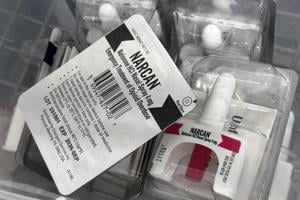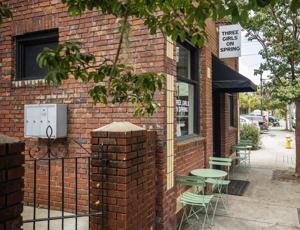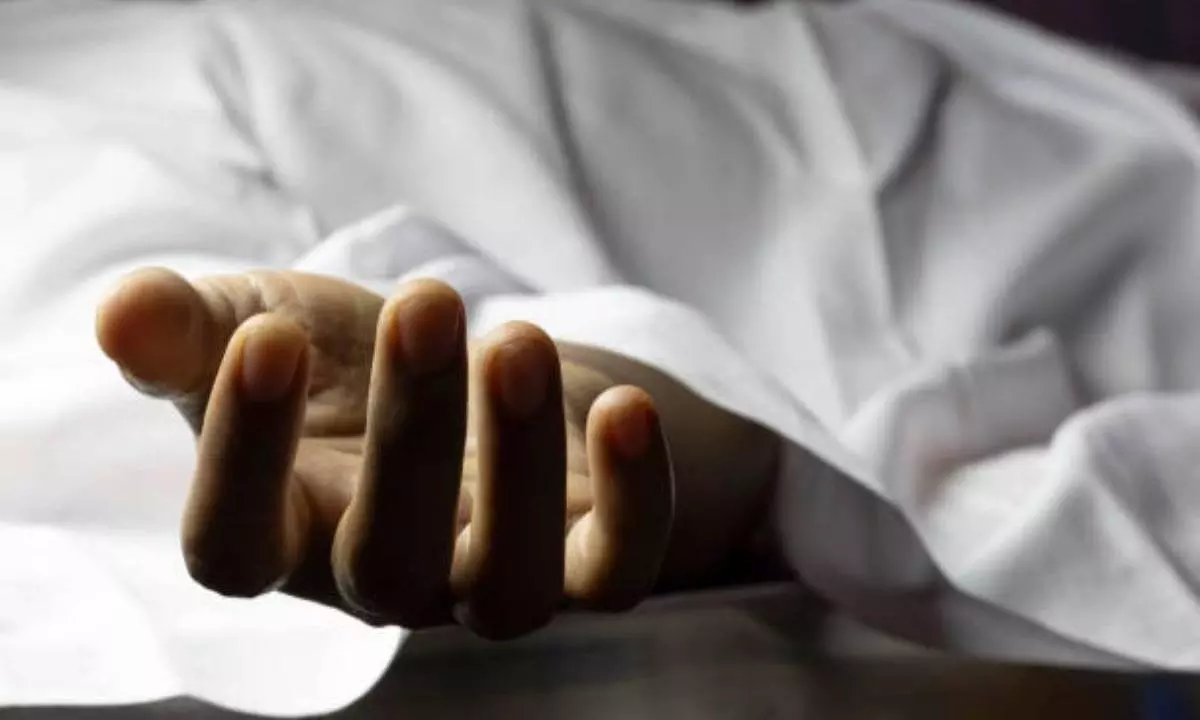A new study documents lost opportunities to treat drug overdose survivors covered by the Medicare program — and illustrates the difficulty of managing chronic pain. Overdose survivors “should be at the front of the line for the full range of medications and counseling and support,” said Dr. Brian Hurley, president of the American Society of Addiction Medicine, who was not involved in the study, published Monday in JAMA Internal Medicine.
Instead, those on Medicare who survived a drug overdose in 2020 were much more likely to later receive opioid painkillers than any medication to treat addiction — and some went on to . U.S.

government researchers found 53% of overdose survivors received opioid painkillers while 4% received treatments such as buprenorphine. Only 6% filled prescriptions for the overdose antidote naloxone. Within a year of their overdose, 17% experienced a second nonfatal overdose and 1% died of an overdose.
The researchers looked at nearly 137,000 Medicare beneficiaries who survived an overdose in 2020, when the emergence of COVID-19 scrambled drug treatment efforts. The group included about 30% who qualified for Medicare because of a disability rather than their age. About 80% of them had been treated for acute or chronic pain, and nearly half had prescriptions for opioids before the overdose.
In some situations, it might be appropriate to continue to prescribe opioids after an overdose, but “these patients should be closely monitored, provided nalox.























